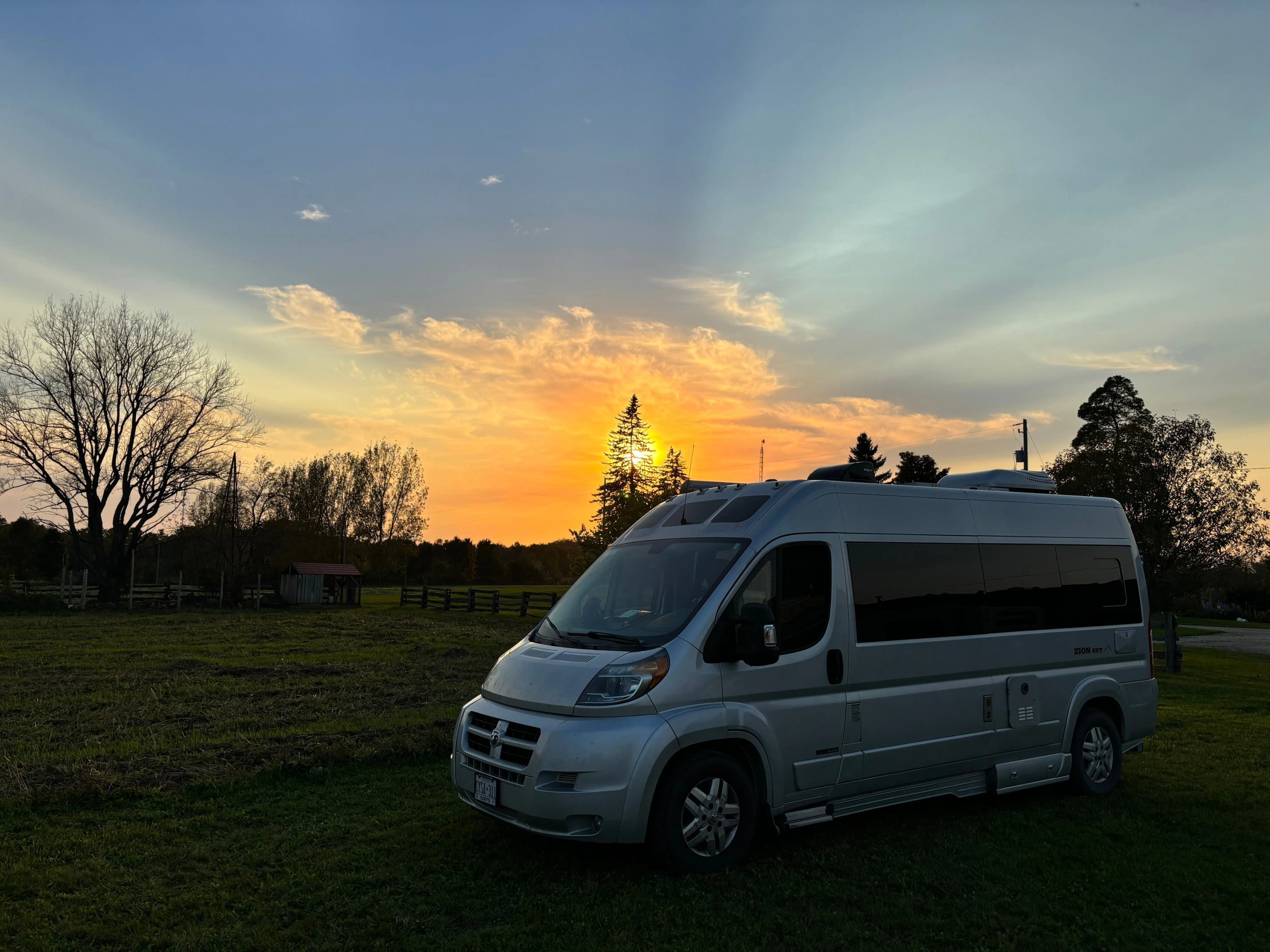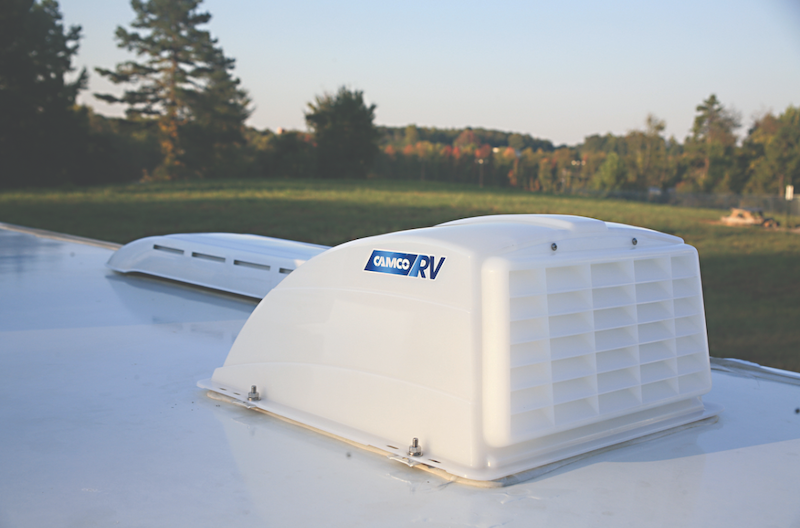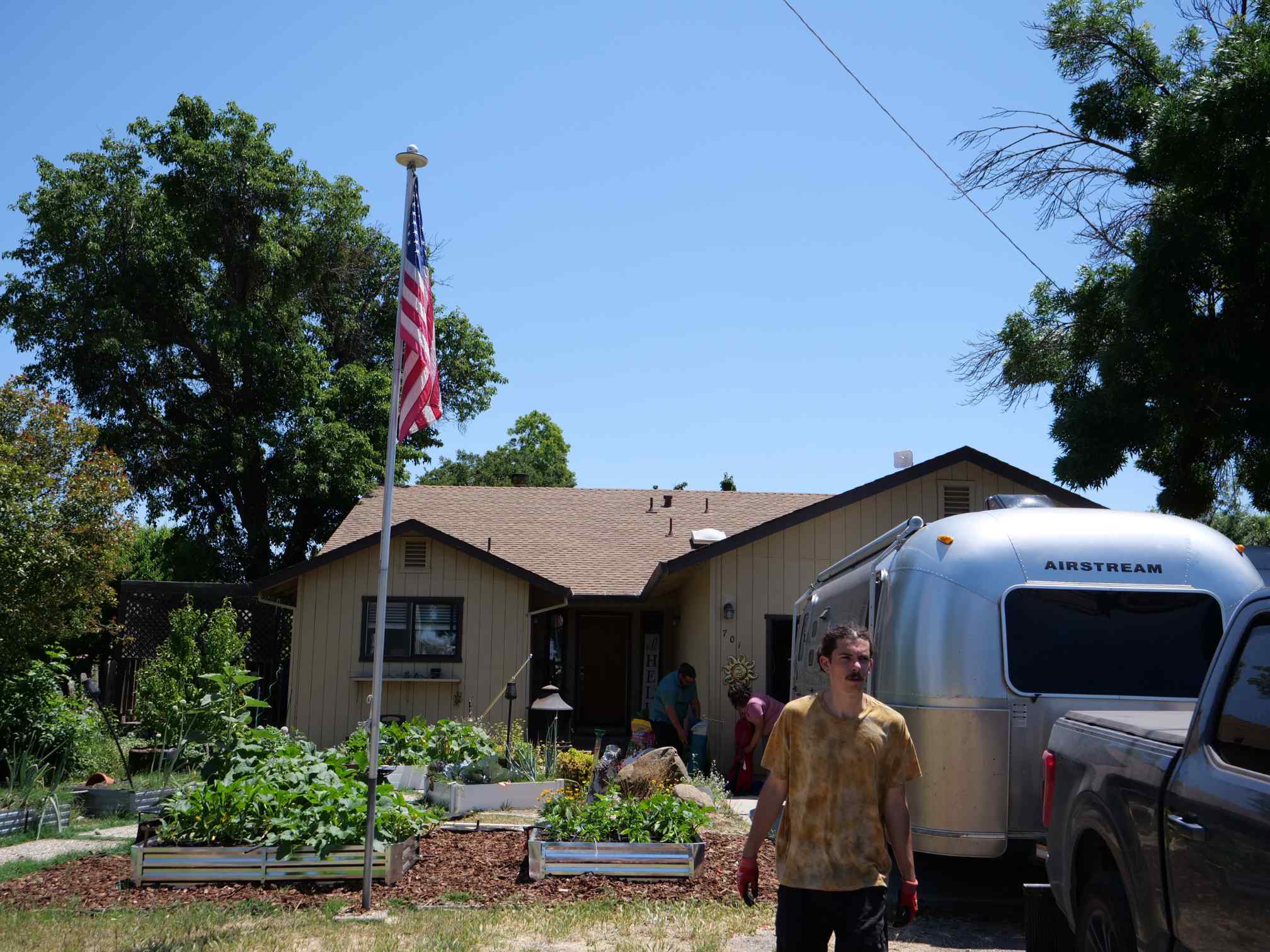RV Rules, Regulations, and Road Restrictions in the U.S.
Rules, regulations, and restrictions – nobody likes them, but they do ensure safety on the road. It’s best to do your research before heading out on the road. If you don’t do any research beforehand, it could end in a very expensive trip. Fortunately, that’s exactly why you’re here: to avoid having to pay a $100 fine because your license plate was an inch too low.
But before we dive into some of the most important rules when RVing through the country, there’s something I should mention. Regulations change a lot over the years and my sources may already be outdated. I did use the most recent regulations, but some are already three years old. That’s why you should always check with your local Department of Motor Vehicles (DMV) or your local Highway Patrol for the most up-to-date laws.
Keep size restrictions in mind
The first thing you want to check is whether your RV exceeds the maximum allowed length, width, and height. These can vary from state to state. In Alabama for example, your RV may not be taller than 13.5 feet, while in California you can legally drive around with a 14-foot high RV. I found this handy page that seems to be up-to-date on each state’s rules of the road. However, just to be sure, I recommend that you confirm it with your local DMV.
In addition, a large RV can mean you might run into some issues on the road like low bridges, small passages, and weight restrictions.
So how do you keep this from happening? The solution is an RV GPS. You can input your RV’s length, width, height, and weight and let the GPS calculate the most suitable route. On top of that, the best ones have many more road warnings, a dashcam, points of interest for RV’s, and live traffic updates. If you’re interested, feel free to visit this article on the best RV GPS available.
Have a valid driver’s license
The most important thing you should know about your driver’s license is that you only need to take account of your home state requirements. It doesn’t matter what state you’re visiting. As long as you meet the license requirements for your state, you can legally cruise through all other states. However, the minimum required age is state-dependent. For example, you can drive legally in your state at the age of 16, but you have to wait two more years to drive legally in Missouri. On this page, you can find the minimum required age for each state.
So will your regular driver’s license be good enough? That depends on the state. But first, let’s take a look at what kind of driver’s license you may need. The two special driver’s licenses you should know about are:
– A Commercial Driver’s License (CDL). This is the kind of license you need to drive big vehicles like buses or tractor-trailers. Some states require you to have:
- A CDL of class B if your RV weighs more than 26,000 pounds.
- A CDL of class A if the combination of vehicles exceeds 26,000 pounds. This can be the case if you’re towing.
– Other states require a Non-Commercial Driver’s License (Non-CDL) if you drive an RV that exceeds a certain number of pounds.
In some states, you can acquire a Non-CDL at the age of 15. However, there has to be a licensed driver over the age of 21 years old present in the vehicle. If you’re very young and would like to drive an RV, make sure you do your research and contact your local DMV. Whether you need a CDL, a Non-CDL, or just your regular driver’s license, is something you can find out on this page.
Bring the required safety items
As large RVs weigh more, they can be harder to control which is why some states require certain safety items to be carried to help avoid accidents. One item that’s often a requirement, is a safety chain if you’re towing a vehicle. You don’t want to lose your trailer when your coupler fails and that’s exactly what a safety chain prevents. This page may help you determine whether this is a requirement in the state you wish to visit. However, even if it’s not a requirement, you should seriously consider using a safety chain because it can save many lives.
Many states also need you to have brakes on your trailer if it exceeds a certain number of pounds. In some states, you only need to have brakes on two wheels, while in others all wheels need to have this feature. Check out this page to make sure you meet the state’s requirements.
Seatbelts and child safety restraint requirements
For a motorhome, whether you need to wear a seatbelt or not depends on:
- Your age – In some states you need to wear a seatbelt, but only if you’re somewhere between 8 and 18 years old, for example.
- Where you sit – In some states it’s only required if you sit in a front seat.
- Your height – In other states, it’s a must if you’re shorter than 4.9”.
So what if you need to use the restroom or take a snack? Technically, you should pull off the road before you can do your business legally. On this page, you can find what your state has to say about it. On that same page, you can see when and how you should fasten your child. It may vary from state to state based on:
- Your child’s age
- Your child’s height
- The type of child safety restraint
Of course, we recommend all occupants of an RV or vehicle ALWAYS be seated and belted in when the vehicle is in motion, regardless of the laws of the state you happen to be traveling through.
Register your truck camper
Some states require you to have a title or registration for your truck camper. It depends on whether or not your state considers a truck camper as a vehicle. You can register your truck camper at the DMV where you’ll need a VIN or Certificate of Origin, given by the manufacturer. For more information on VIN, titles, and registrations, I suggest you take a look at this page.
Don’t forget your license plate
There are rules about the positioning of your license plate. There are many variables that play a role. For example, required on the front, on the back, must be visible at all times, and much more. Fortunately, The RV Industry Association (RVIA) has another great chart that shows you each requirement.
Keep an eye out for the signs
Pay good attention to signs along the road indicating size restrictions, especially height restrictions. If your RV meets a certain height, you may not be welcome in the neighborhood. These rules can also be applied to bridges or small roads.
Be aware of triple towing regulations
To avoid confusion, triple towing means towing a vehicle and a boat, for example. In some states it’s illegal, in others it’s legal, and in most states it depends. Here is a great chart that shows exactly all the rules for every state. (I do want to point out that these RVIA charts date back to 2017, meaning they may not be 100% correct anymore. Again, that’s why you need to check with your local DMV or Highway Patrol.)
Check out this video for how to triple tow in a safe way.
Check your trailer lights
I think it’s needless to say that when you’re towing a trailer, it needs to be equipped with all the necessary lights. The same can be said for a fifth wheel, a pop-up camper, or any other pull behind. Every towed vehicle needs to have stop lights, tail lights, turn signals, and reflectors. If your trailer is wider than 80” or longer than 29’, you need to add extra lights and reflectors.
Before going on an adventure while towing a trailer and a boat, make sure your RV’s nose isn’t pointed upward. This can happen due to the weight of your tail. This may not bother you, but it will bother the oncoming vehicles. If your nose is pointing upward, your headlights will dazzle your oncoming driver. This is illegal because it’s very dangerous.
Don’t park just anywhere
This is something that depends on the town and city rather than the state you’re visiting. In some cities, you’re not allowed to park your RV on the street for more than 75 hours. In others, it’s completely off the table. You could simply ask a local officer whether it’s allowed or not. Some stores like Walmart do allow you to camp overnight on their parking lot if allowed by local laws. And of course, there’s always Boondockers Welcome as an alternative option.
Respect the campground rules
Don’t forget to check the campsite’s rules. Many only allow Class A, B, or C RV’s. A length restriction is another common rule and many campsites also turn away RV’s that are older than 10, 15, or 20 years.
Some campgrounds give you a schedule that says when you can run your generator. Since they’re very noisy, campgrounds may forbid you to run a generator from 10 p.m. to 6 a.m. Especially check this before visiting a National Park, they’re usually stricter about this and some may even forbid you to use a generator.
Of course, campsites usually also have rules about pets. Some allow a family dog, others won’t. National Parks usually allow them but demand you to strictly follow their policy.
Don’t forget to frequently review the other possible regulations of campsites, cities, towns, and neighborhoods. Happy trails!
Learn More About Boondockers Welcome
We promise not to spam you!








Great article! When I was in college, I struggled a lot with geography assignments. I remember finding it tough to keep up with all the details and requirements for each topic. That’s when I stumbled upon https://essays.edubirdie.com/geography-assignment-help for help with assignments, which I found incredibly useful. It’s a reminder of how important it is to stay informed and up-to-date, whether you’re tackling college assignments or planning a road trip.